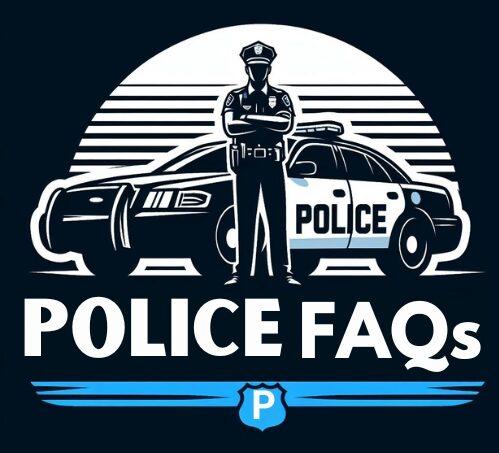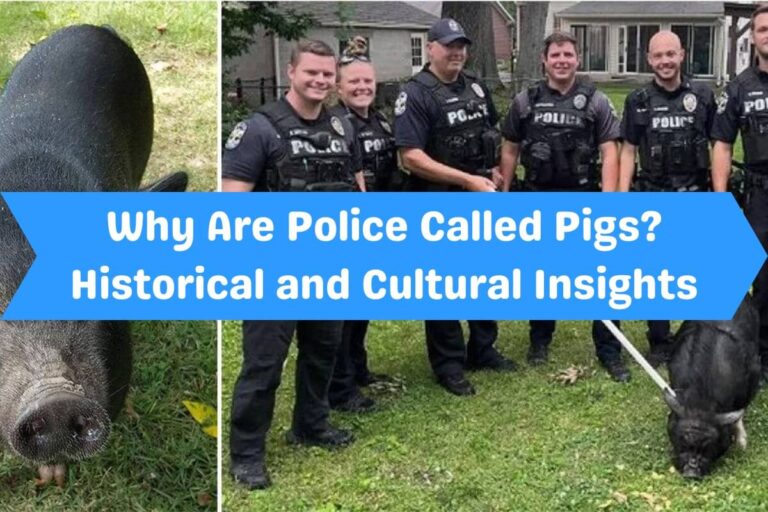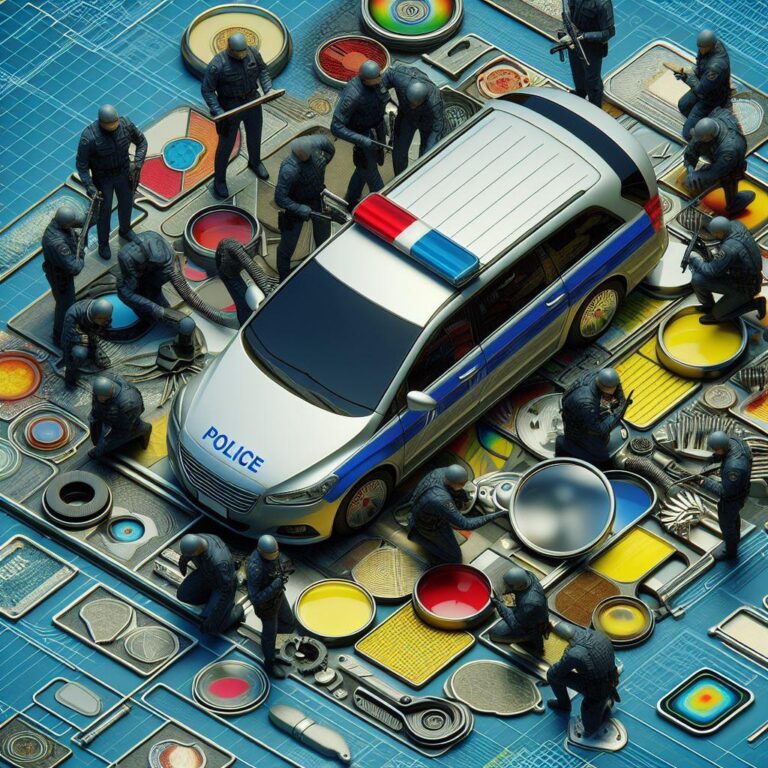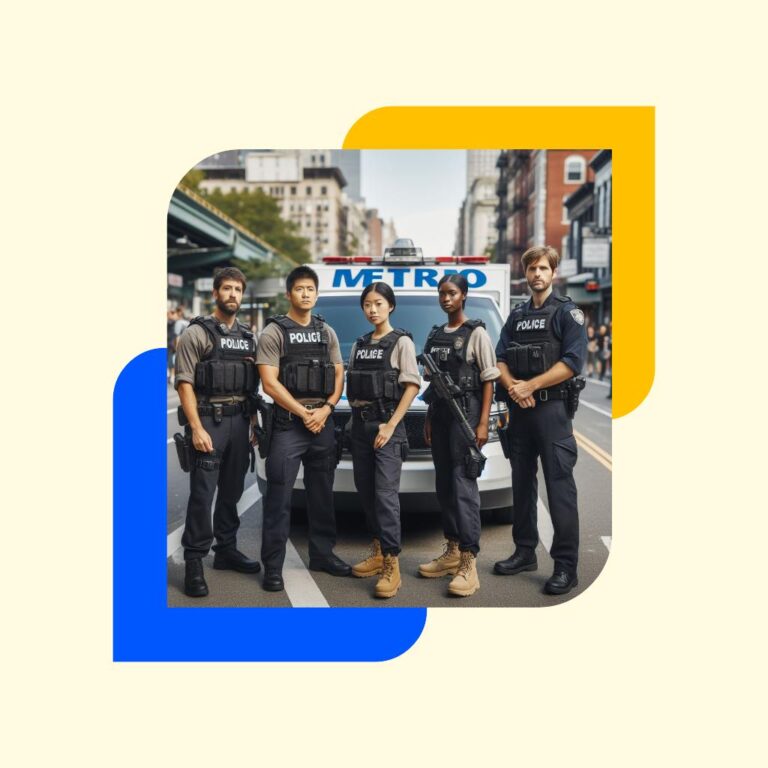Why Are Police Called Cops? Uncovering the Origins
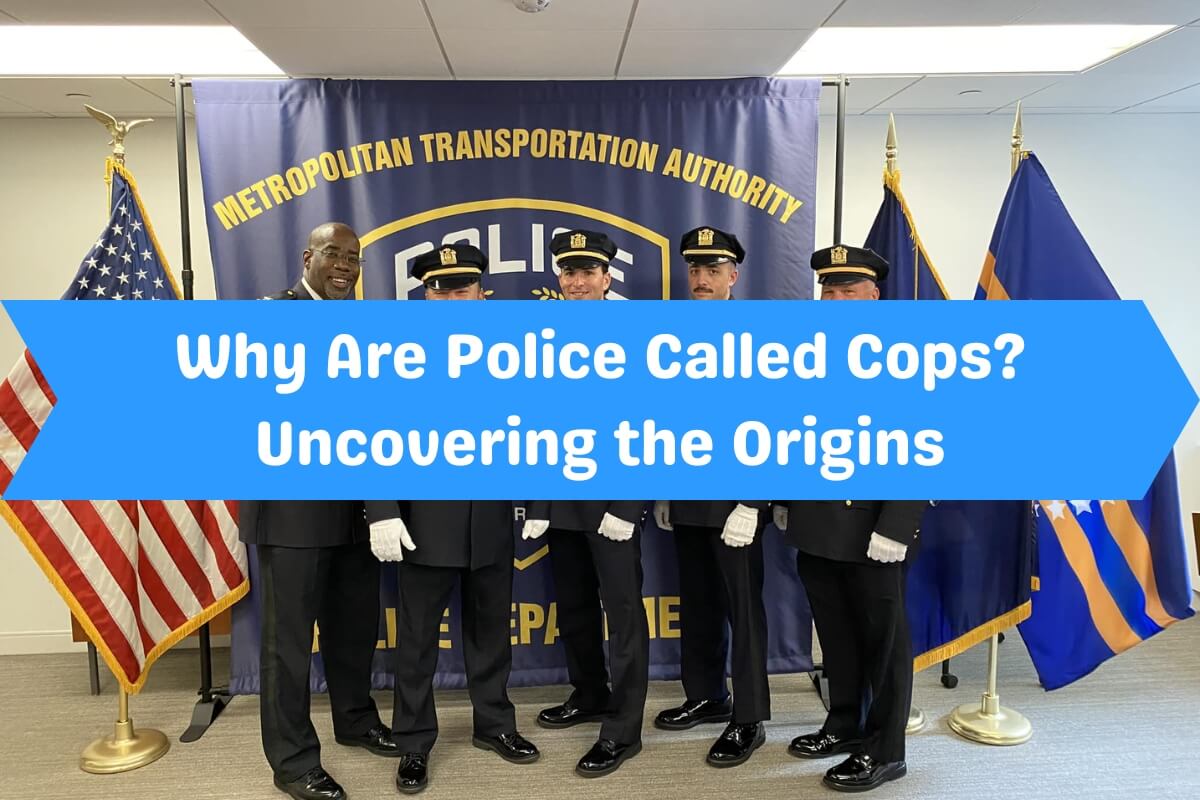
The term “cop” is one that we frequently hear in movies, television shows, and everyday conversations. But have you ever wondered why police officers are called “cops”? Understanding the origins and evolution of this term can give us insights into the history of law enforcement and language. In this article, we will delve into the historical roots, popular theories, and cultural influences that have shaped the use of the word “cop” to refer to police officers.
Historical Origins of the Term “Cop”
Early Policing and Terminology
The concept of policing has ancient roots, with early forms of law enforcement dating back to ancient civilizations such as Mesopotamia, Egypt, and Rome. However, the organized police forces we recognize today began to take shape in the 19th century. In 1829, Sir Robert Peel established the Metropolitan Police Service in London, which is considered the first modern police force. These officers were known as “Bobbies” after Peel’s first name.
Etymology of “Cop”
The word “cop” has intriguing linguistic origins. It is widely believed to stem from the Latin word “capere,” which means “to seize” or “to capture.” This etymology aligns with the primary function of police officers: to apprehend criminals. The term “cop” evolved from the verb “to cop,” which means to capture or arrest. This linguistic transition highlights the action-oriented nature of police work.
Popular Theories Behind the Term
Theory 1: Copper Badges and Buttons
One popular theory suggests that the term “cop” originated from the copper badges or buttons worn by early police officers. In the 19th century, many police uniforms featured shiny copper elements, leading to officers being nicknamed “coppers.” Over time, this term was shortened to “cop.” This theory is supported by historical references to police uniforms and the materials used in their construction.
Theory 2: Verb “To Cop”
Another credible explanation is the use of “cop” as a verb meaning to capture or seize. This usage dates back to Anglo-Saxon times and was common in English vernacular. For example, phrases like “cop a feel” or “cop out” still exist today, indicating the action of taking or avoiding something. The transition from verb to noun (from “to cop” to “cop”) in reference to police officers who capture criminals is a logical linguistic progression.
Theory 3: Constable on Patrol
The acronym theory suggests that “cop” stands for “Constable on Patrol.” This theory posits that early police officers were referred to as constables, and their primary duty was patrolling communities. While this explanation is appealing, it is less supported by historical evidence compared to the other theories. Acronyms were not as prevalent in language during the period when the term “cop” emerged.
Theory 4: Citizens on Patrol
Another acronym-based theory is that “cop” stands for “Citizens on Patrol.” In the early days of community policing, volunteers often patrolled neighborhoods to maintain order. These citizens were sometimes referred to as “cops.” Although this theory adds a community-oriented perspective, it lacks substantial historical documentation.
Cultural Influence and Adoption
Use of “Cop” in Media and Pop Culture
The term “cop” has been popularized through extensive use in media and pop culture. Television shows like “Cops,” movies, and books have embedded the term in public consciousness. The show “Cops,” which debuted in 1989, played a significant role in normalizing the term and associating it with law enforcement activities.
Public Perception Over Time
Initially, the term “cop” was considered informal or even derogatory. However, over time, it has become an accepted and neutral term for police officers. This shift in perception can be attributed to the widespread use of the term in media and its adoption by the public. Today, “cop” is used interchangeably with “police officer” without negative connotations.
Regional Variations and Similar Terms
United Kingdom: “Bobbies”
In the United Kingdom, police officers are commonly known as “Bobbies,” a term derived from Sir Robert Peel. Peel’s introduction of the Metropolitan Police Service in London set a precedent for modern policing, and the officers’ informal name reflects his influence.
Other Terms: “Heat,” “Fuzz,” “Pig”
In addition to “cop,” various slang terms have been used to refer to police officers. Terms like “heat,” “fuzz,” and “pig” have emerged from different cultural and historical contexts. For instance, “pig” became a derogatory term during the counterculture movements of the 1960s and 1970s. Each term carries unique connotations and historical significance.
Modern Usage and Relevance
Current Usage in Law Enforcement
Today, “cop” is widely accepted in both formal and informal contexts. Police officers themselves use the term, and it appears in official communications and media. The evolution of language and the influence of popular culture have cemented “cop” as a standard term for law enforcement personnel.
Impact of Historical Context on Modern Policing
Understanding the historical and cultural context of the term “cop” provides valuable insights into the evolution of law enforcement. The term’s origins reflect the action-oriented nature of policing, while its adoption and normalization illustrate the dynamic relationship between language and society.
Conclusion
The term “cop” has a rich and multifaceted history that reflects the evolution of policing and language. From its Latin roots meaning “to seize” to its popularization through media and culture, “cop” has become an integral part of our vocabulary. By exploring the various theories and historical contexts, we gain a deeper appreciation for this seemingly simple term. The next time you hear the word “cop,” you’ll understand the layers of history and culture that have shaped its meaning.
This article has delved into the origins, theories, and cultural significance of the term “cop,” providing a comprehensive understanding of why police officers are called cops. By examining the etymology, historical context, and modern usage, we uncover the rich tapestry of language and law enforcement that has given rise to this common term.
